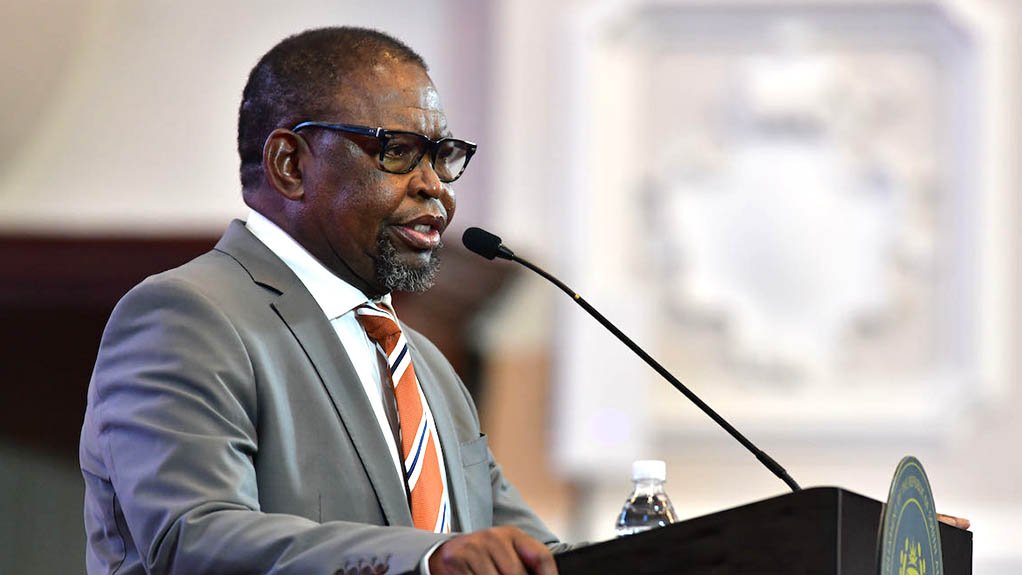Finance Minister Enoch Godongwana will re-table the 2025 Budget on May 21, noting that in the meantime funding for provinces and municipalities will continue under the 2024 Division of Revenue Act.
This after he wrote to Speaker of the National Assembly Thoko Didiza informing her that he would be withdrawing the Appropriation and Division of Revenue Bills.
This follows the cancelled VAT increase, with Treasury warning that without it, the estimated revenue will fall short by about R75-billion over the medium term.
In March, Godongwana presented a proposed Budget with a 0.5 percentage point VAT increase in 2025, which led to the Democratic Alliance and the Economic Freedom Fighters taking him to court. He presented both parties with out-of-court settlements.
Godongwana said the comprehensive Budget review, scheduled for May 21, would include the Fiscal Framework, the Appropriation Bill, Division of Revenue Bill, and already tabled Rates and Monetary Amounts and Amendment of Revenue Laws Bill.
He assured that the revised Budget would adhere to all technical processes and consultations as set out in the Money Bills and Related Matters Act.
“This includes formal consultations with the Financial and Fiscal Commission, thorough consultations with all political parties within the Government of National Unity, as well as Cabinet approval before presentation to Parliament,” he explained.
While National Treasury awaits the passing of the 2025 Division of Revenue Act, funding for provinces and municipalities will continue under the 2024 Act, allowing transfers of up to 45% of their allocated funds.
“Until the new Budget is passed, government services will continue to be funded under section 29 of the Public Finance Management Act. This allows spending of up to 45 per cent of last year’s budget during the first four months, and up to 10 per cent for each month after that,” he explained.
Godongwana said while the Budget postponement was not ideal, the circumstances leading to this decision had highlighted the importance of meaningful engagement on fiscal matters.
He said the situation provided a “valuable opportunity” for citizens, Members of Parliament, labour organisations, and civil society to thoroughly engage with the “complex challenge” of achieving fiscal sustainability while promoting economic growth and protecting essential public services with very limited resources.
He said the National Treasury had already begun work on developing a new fiscal framework that would maintain the country’s trajectory toward debt stabilisation, a crucial element in strengthening public finances.
This included revising economic assumptions using the latest available data and generating an updated fiscal project.
Treasury will also recalculate revenue projections and tax implications, determine appropriate borrowing strategies and consolidate these elements into a coherent and sustainable fiscal framework.
EMAIL THIS ARTICLE SAVE THIS ARTICLE ARTICLE ENQUIRY
To subscribe email subscriptions@creamermedia.co.za or click here
To advertise email advertising@creamermedia.co.za or click here











